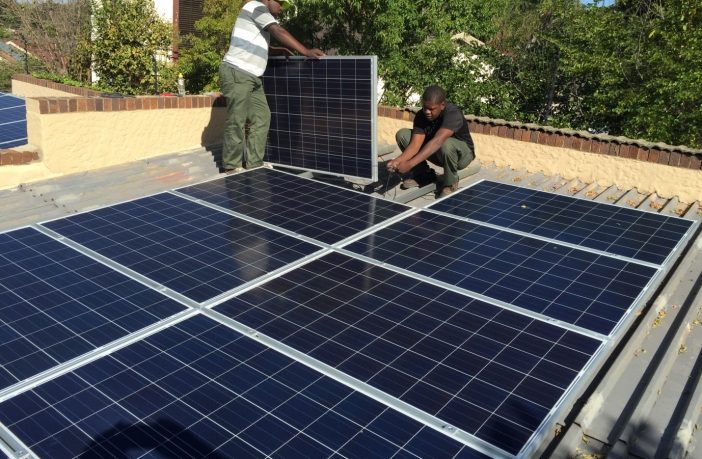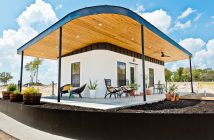- California Energy Commission is planning to mandate solar power for all new residential housing from 2020.
- The move is groundbreaking and sets the standard for all big city urban planners and energy regulators to mitigate the risks of climate change and reduce greenhouse gas emissions.
- Will South Africa follow suit?
California will be setting the benchmark for energy and building regulators around the world by making Solar Pv systems mandatory in all new homes, condos and apartment buildings from 2020. A GTM Research and the Solar Energy Industries Association report put California’s current solar Pv installed at 19,818 MW. This is mainly made up of utility-scale installations. The move by California Energy Commission targets residential rooftop to accelerate Solar Pv roll out in order to mitigate the risks of climate change.
According to their press release “All low-rise residential buildings shall have a photovoltaic (PV) system meeting the minimum qualification requirements as specified in Joint Appendix JA11, with annual electrical output equal to or greater than the dwelling’s annual electrical usage as determined by Equation 150.1-C.”
The move by the CEC calls out South Africa’s Bureau of Standards and in particular, the National Standard set for buildings. At the moment there is no dedicated national standard for the installation of Rooftop Solar PV. The SANS 10142-3 paper, intended to set the standard, is still in draft form.
The lack of regulatory standards has caused the country to lag behind most first world economies when it comes to installing Solar Pv rooftop capacity. It is estimated that 300 Megawatts of rooftop systems were installed in South Africa by the end of 2016 but without any official regulation in the industry, there are no official statistics. The situation has also resulted in many substandard installations.
The news from California also comes at a time when Nersa, the South African regulator adds to the chaos by implementing draft rules to regulate all residential power production. The draft stipulates that all forms of home electricity generation, including Solar Pv, will have to be registered with the government. If the draft can be implemented along with building regulators SANS 10142-3, South Africa may just be on the right track.
If the move by CEC is ever adopted in South Africa, we must consider the added building cost. A good quality 3 Kilowatt rooftop Solar Pv system with battery back-up costs between R90000 and R140000. Construction prices per square meter will be ratcheted up accordingly and with the backlogged and current cost of housing, the country can ill afford it.
The CEC certainly sets the benchmark worldwide but is also exposes South Africa in terms of residential energy and building regulation. The advantages of mandating Solar Pv in all new housing in terms of household savings and carbon emissions reductions are obvious. When one also considers the option of reverse feed offered by some cities and the future possibility of peer to peer selling, the move starts to make really good financial sense.
Author: Bryan Groenendaal











